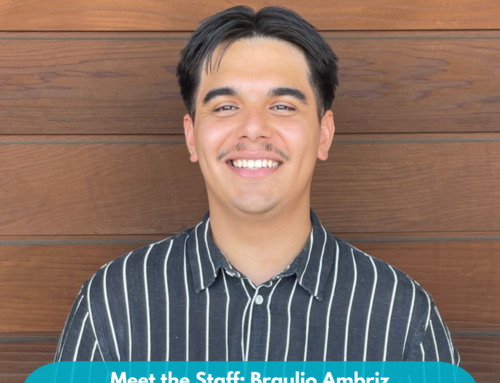
Written by Ellen Boucher, BSW
Many people have misconceptions about support groups that create a hesitation to attend, or result in disappointment in the experience. The goal of this blog is to dispel some of the different support group misconceptions and prepare you for a great opportunity to build and strengthen your caregiving support system.
Support Group Misconceptions
Support groups are just about sharing emotions and that is not worth my time.
While it is true that emotions can be expressed during a meeting, there are many other valuable aspects to a support group. People share caregiving tips that have worked for them, provide information about resources, brainstorm ideas when there does not seem to be a solution at hand, evaluate decision-making and quality of life issues, to name just a few of the variety of topics addressed. Oftentimes, a support group is the only place you can talk about topics that are taboo, inappropriate, or uncomfortable with someone who is not/has not been a caregiver. So many people participate in their first group and say things such as, “No one has ever understood me before. You all get me!” And it is true that emotions are expressed but they can range from tears to laughter to chagrin to grief to anger to fear to validation – a support group is your safe space to verbalize what is burdening you and to receive acknowledgment from other who are walking a similar path.
The support group did not help me solve my problems.
Sometimes people participate in a meeting with the sole purpose of getting their problem solved and when their problem is not fully addressed, they leave disappointed. Two main ways that we support care partners is through support groups and Clinical Care Coaches. Support groups are the chance to address broad topics, emotions, concerns, and to provide an opportunity for care partners to connect; realizing they are not alone in walking this rocky path. Clinical Care Coaches are here to work with care partners and the unique needs/circumstances of each individual. If you attend a support group meeting and leave feeling like your needs have not been met, please call and speak with a Clinical Care Coach for one-on-one support.
Support groups do not work for me because I did not feel welcome in the group and/or I did not like the facilitator.
Like any important relationship in our life, it’s necessary to keep looking until we find the “right” group that feels like a good fit. It is also important to realize that sometimes one must attend a couple of meetings to get comfortable with a group before feeling that “good fit.” After attending a meeting for the first time, evaluate if that experience was something that had potential and you want to attend again to see what develops, or was that a definite “no, not again” for that one group. As a facilitator of many different groups, I can honestly say that no two groups are alike; even though I facilitate the group using the same format, it is the individuals that make each group unique. Also, there are different facilitators, so there are more choices for you to consider as well.
If I attend one support group meeting I feel like I have to keep going back or explain to someone why I am not returning.
We have set up our support groups so that you can attend when it works for you! Let’s say you have a group you participate in regularly on the 1st & 3rd weeks of the month. If you are having a tough day on weeks 2 or 4, you can go onto our support group page and see if there is a group to attend ASAP. Perhaps you will only participate that one time, but there are no expectations – we just want to be there when you need support. And for the group(s) you regularly participate in, there is still no expectations about your attendance. We understand the busy life of care partners – we are here when you can attend. Two notes: First, it is valuable to find a consistent group so you can get comfortable with the people and build connections; second, you might consider finding a group to attend on the 1st & 3rd weeks of the month as well as a group that meets on the 2nd & 4th weeks of the month which allows you to have options of meeting with people you know every week.
You did not cover what my concerns are…
There are many different support group misconceptions and concerns. Please reach out to us at Alzheimer’s San Diego to discuss what is on your mind and we will work with you to address the issues as well as help you discover the benefits of finding the best support group for you!
To discuss support group options please call our office at 858.492.4400 to speak with one of our Clinical Care Coaches or view our list of support groups here to join one now.
RECOMMENDED: Finding the Best Support Groups for You




